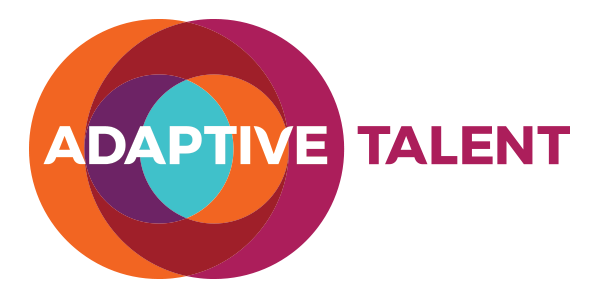I thought this was a good article from Steve Roesler on six easy ways to coach someone. It’s centered around the principle that the most beneficial conversations are those based on dialogue where you drop barriers, understand and expose explicitly your assumptions (which is not easy), and mutually work to develop an understanding that is broader and deeper than anything possible independently.
The more you manage the more you realize that you don’t have to have all the answers, and instead simply need to get really good at having supportive, thoughtful conversations with the people in your life and through these conversations greater understanding is achieved and capabilities are built. When this happens, you move from having to supervise (or do the work yourself) to helping elevate the conversations and experiments so that learning is occurring on an individual, team, and organizational level independent of your actions.
Here’s an extract from the blog:
1. Stop fixing everyone’s stuff.
OK, the next time someone brings you a problem, stop. Do nothing. Then. . .
2. Ask them for more information using open-ended questions.
You already know how to ask questions. (And you may already know the answer to the question. But no one will learn much if they don’t learn to think through issues on their own). The trick for “coaching managers” is to click a mental switch that triggers a question instead of an answer. An easy way to to develop the questioning habit is to think of yourself as a journalist and start your responses with:
- Who. . .?
- What. . .?
- When. . .?
- Where. . .?
- How. . .?
3. Use the bonus question that will automatically buy some time and gather more information: “Tell me more about that?”
4. Listen. (That means “Shut up, don’t speak.”)
You’ll be surprised at how much you’ll learn by listening. Once the other person stops talking, give them space to say more. Count silently to 10 if you have to. You’ll discover that this block of information will reveal more than the first and often gives them the self-revealing “Aha!” needed. In which case, you’ll be a hero.
5. Ask More.
OK, so they didn’t get to the heart of the matter in #4. When your person’s responses and energy start to fade, that’s your cue to ask another open-ended question. Ask it about something they’ve just told you. Ask anything that will help continue the exploration of the issue. You can’t really ask a “wrong” question.
Note. The reason you can’t ask a wrong question is this: Your role is to alternate between helping them explore (questions) and being silent (just listen). The act of listening after a question is a gift that few people get. Listening shows respect. When it comes from “the boss” it’s an indication of trust in one’s ability to problem-solve.
6. Support giving “it” a try. You’ll find that the Q&A process will have generated ideas and actions in your person’s mind. This is where you help them stretch by suggesting, “Do you want to give that a try and let me know how it’s going?”
So, What Just Happened?
You’ve helped someone develop more confidence in themselves, built trust in your mutual relationship, and created a little more time for your own strategic thinking while they’re working on the agreed-upon action.
If you are spending more of your managerial life answering than asking, you may be working way too hard. You may also be making yourself indispensable in your current job. That may work well if this is where you want to spend the rest of your career–and, if the job doesn’t go away.
Photo credit and thanks to Jamie Street
—
Adaptive Talent is a talent consultancy designed to help organizations achieve amazing results and ongoing adaptability. Founded in 2008 and based in Vancouver, Canada we offer retained search, assessments, total rewards consulting, training, leadership coaching and development programs, and culture & organizational development consulting.

